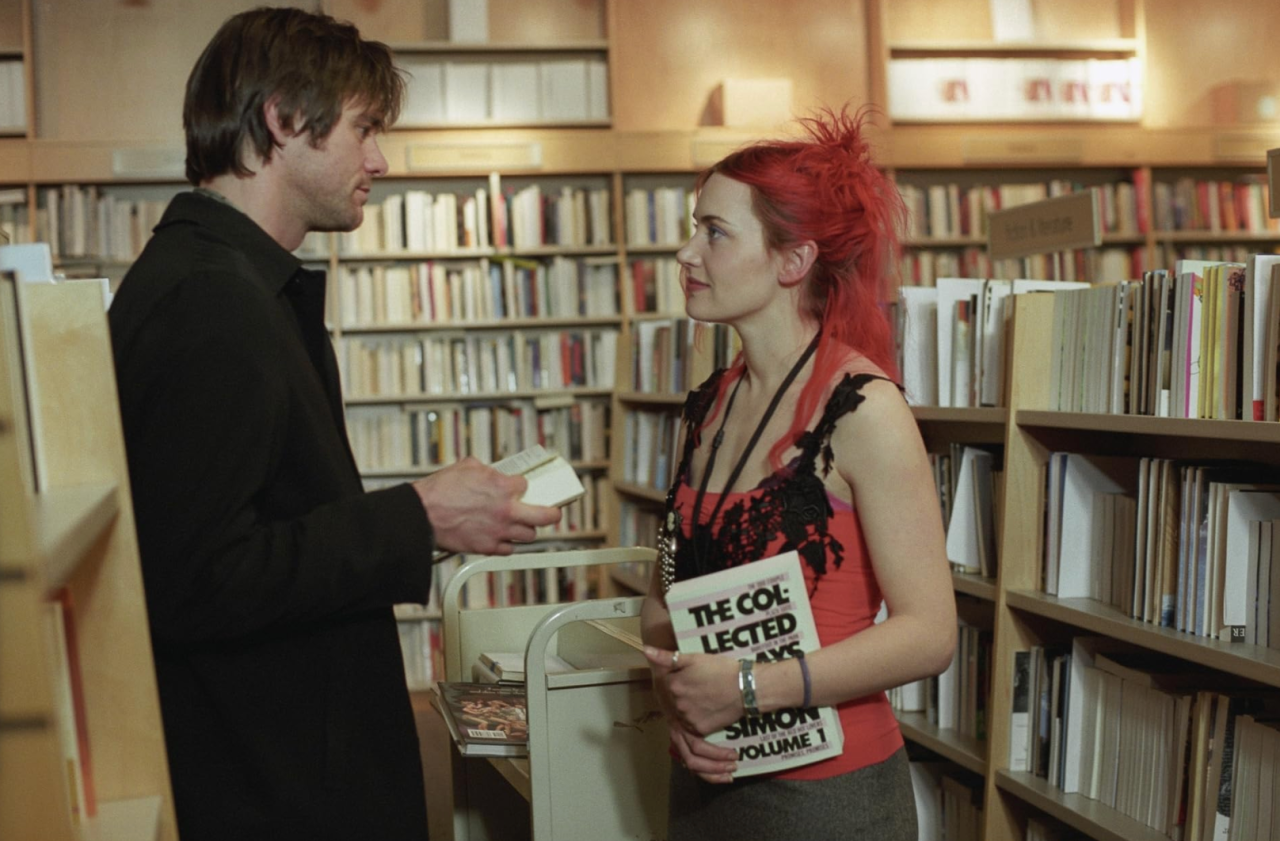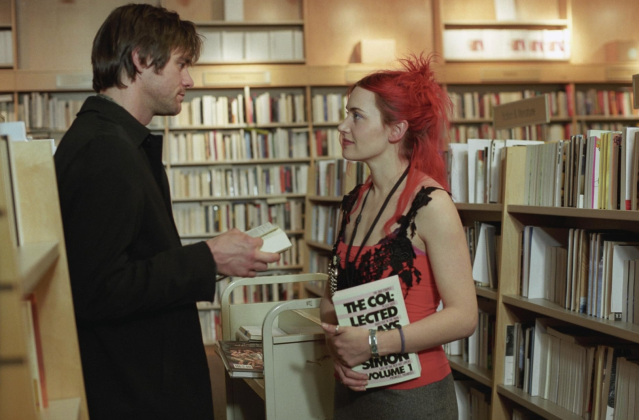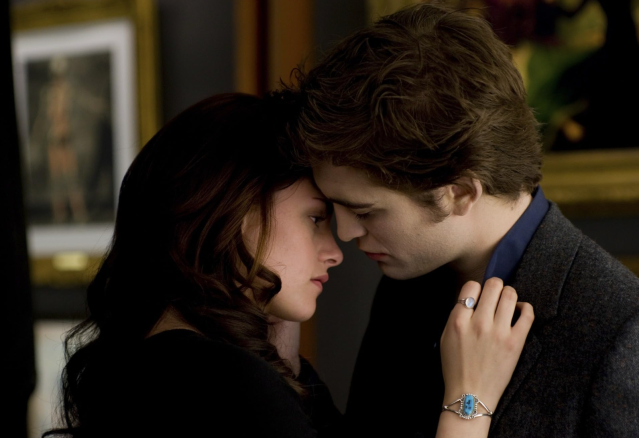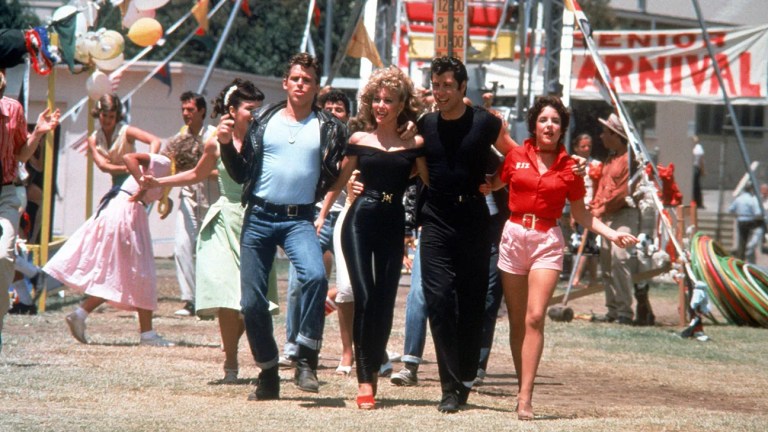
4 Movies That Perfectly Capture The Obsessive Fantasy Of Limerence
Limerence is used to describe obsession and longing for another person, often unreciprocated.
“Limerence” is a term that has raised to popularity as of late but it was actually first coined in 1979 by psychologist Dorothy Tennov in her book Love and Limerence: The Experience of Being In Love.
Limerence is used to describe obsession and longing for another person, often unreciprocated. It’s a state of utter infatuation and fantasy, and results in emotionally-dependent, unhealthy relationships and mindsets. Someone in limerence places the object of their desire on a pedestal, believing them to be perfect and flawless. In other words, a person in limerence falls for an idea, a portrait of another they painted themselves without ever truly seeing the other person to accurately construct the image.
While there is definitely some overlap with love and limerence, ultimately someone experiencing limerence is more obsessed with keeping that potrait they have of the other person alive, and earning that version’s love and affection, rather than actually carrying out a real relationship with a real person. Because true love takes work, commitment, and accepting imperfection. This cannot happen in limerence.
There have been various movies throughout the years that portray limerence in relationships that can give you a better idea of what it looks like played out. Here are four movies that perfectly capture the yearning and fantasty of limerence.
1. Eternal Sunshine Of The Spotless Mind (2004)

In Eternal Sunshine Of The Spotless Mind, directed by Michel Gondry and written by Charlie Kaufman, former couple Joel (Jim Carrey) and Clementine (Kate Winslet) part ways. Later on, Joel finds out that Clementine has undergone a procedure to completely rid herself of memories of him and their relationship. Not just the painful ones; all of them. In retaliation, anger, and heartbreak, Joel decides to do the same and signs up to have memories of Clementine and their relationship erased at the same clinic called Lacuna Inc.
Throughout the movie, there are various instances of limerence. In one scene, for example, while journaling, Joel runs into Clementine on a train to Montauk (for context, this is post-procedure, and they do not realize they used to know each other). After Clementine smiles at Joel, he immediately feels drawn to her. “Why do I fall in love with every woman I see who shows me the least bit of attention?” wonders Joel, scribbling in his notebook. Now remember, limerence requires a level of romanticization and expectation that doesn’t align with reality and that is exactly what Joel is doing here (and seemingly has a tendency to do with most women).
In another scene at Barnes & Noble, where Clementine works, she is talking to Joel and reinforces the fact she is flawed. “Too many guys think I’m a concept, or I complete them, or I’m gonna make them alive,” she says. “But I’m just a fucked-up girl who’s looking for my own peace of mind. Don’t assign me yours.” Here, Clementine describes what it’s like to be the person who is the object of another’s limerence. To someone in limerence, the person they “love” will take away any pain of the past, put them back together, and infuse the zest for life they’ve been missing into their veins. And this is exactly why limerence is so toxic: that is too much pressure to put on another person. People are just people, even the ones we fall in love with. No one can complete any other person. We must be whole on our own.
2. 500 Days Of Summer (2009)

500 Days Of Summer is a prime example of what happens when someone is in limerence. In this case, the person was Tom (Joseph Gordan-Levitt), a greeting card writer who becomes infatuated with Summer (Zooey Deschanel), his boss’ new assistant. Tom pines after Summer for weeks until they eventually begin a situationship of sorts.
Summer is clear from the very start, and throughout the movie, that she is not interested in a serious relationship with him and just wants to have fun. This doesn’t stop Tom from reading into every single “sign” that Summer may truly love Tom back, though. He convinces himself she just needs time to let her walls down and fully let him in. Tom thinks Summer just holding back due to her trust issues. He doesn’t understand how they couldn’t not be endgame with all of their mutual interests, sex, and fun. Tom reads too much into everything and doesn’t face the truth of Summer until he is forced to do so.
In one montage, Tom looks back at their situationship with a different lens: reality. He finally realizes those “signs” he clung to were that of fantasy and nothing more. And this a huge symptom of limerence: relying on your own interpretations and projections to keep your feelings and hope alive rather than facing the true nature of someone else and your relationship with them.
3. Her (2013)
Her is a science fiction and romance written, directed, and co-produced by Spike Jonze. In the movie, Theodore Twombly (Joaquin Phoenix) is a lonely writer who ends up falling in love with a woman named Samantha. The twist? Samantha is actually an A.I. virtual assistant personified through a female voice (voiced by Scarlett Johansson). Her is a direct portrayal of limerence due to the impossible logistics of a man being able to carry out a true relationship with A.I.
4. New Moon (2009)

While Bella and Edward’s relationship throughout the entire Twilight series is not exactly what could ever be considered a healthy, loving relationship, it’s in the franchise’s second installment New Moon that their toxicity reaches new heights.
After Edward suddenly breaks up with Bella and leaves to unknown whereabouts, Bella is completely devastated and falls apart. She experiences frequent panic attacks, periods emotional vacancy, and ultimately becomes a shell of herself without him.
While breakups always suck, Bella’s extreme reaction to her and Edward’s is a prime example of the emotional dependence that coincides with limerence. Not only that, Bella becomes obsessive over time, acting recklessly in an attempt to bait Edward into returning. She often has vivid fantasies that border on hallucinations of Edward coming back to rescue her from the dangerous situations she purposely keeps getting herself into. While Bella and Edward do eventually get back together, the breakup proves that their relationship is not at all something to be admired.











